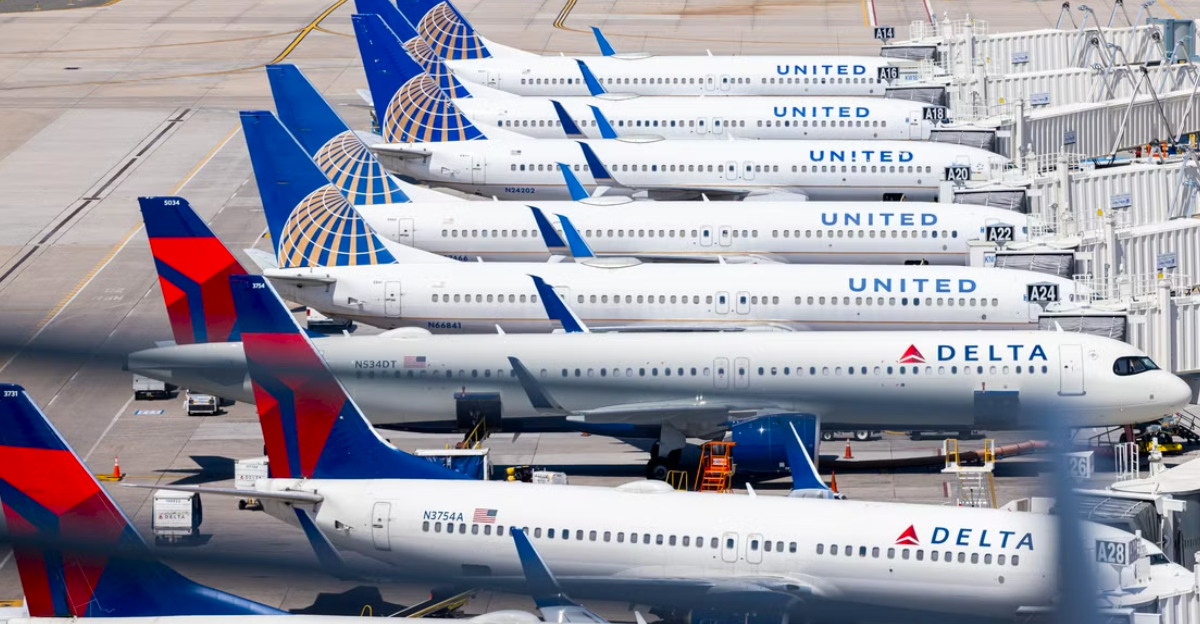
Aviation analysts expect broader industry changes after United’s latest quarterly earnings revealed a strategic shift despite record revenue.
The airline posted $15.2 billion in second-quarter revenue while simultaneously announcing the permanent elimination of its final two ground-to-air transportation partnerships.
“The world is less uncertain today than it was during the first six months of 2025, and that gives us confidence about a strong finish to the year,” CEO Scott Kirby said during earnings calls. The move affects thousands of regional passengers who relied on seamless bus-to-flight connections for affordable travel to major hubs.
Strategic Shift
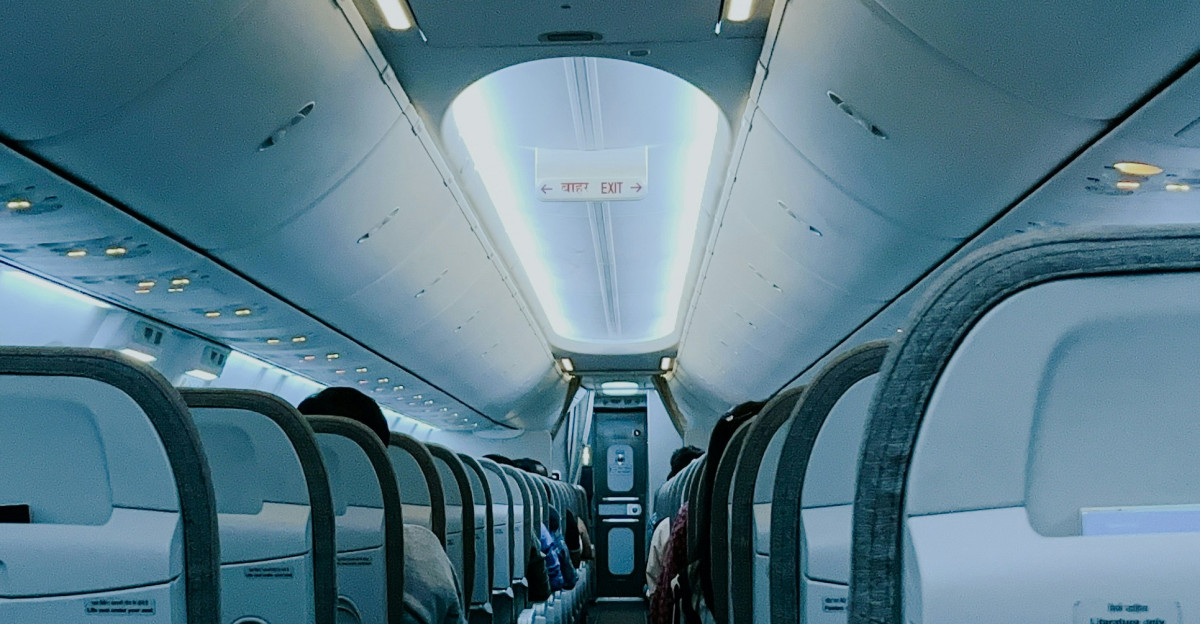
United’s capacity reduction strategy continues as the airline cuts 4% of domestic flights starting in the third quarter of 2025. The carrier reported domestic passenger revenue per available seat mile declined 3.9% in the first quarter, while international routes showed 5.2% growth.
“We’re marching toward a recession scenario,” United Chief Financial Officer Michael Leskinen acknowledged during conference calls, emphasizing the airline’s focus on profitable routes.
This operational pivot comes despite United generating over $3.7 billion in operating cash flow during the first quarter, demonstrating strong financial performance even as regional connectivity shrinks.
Industry Context
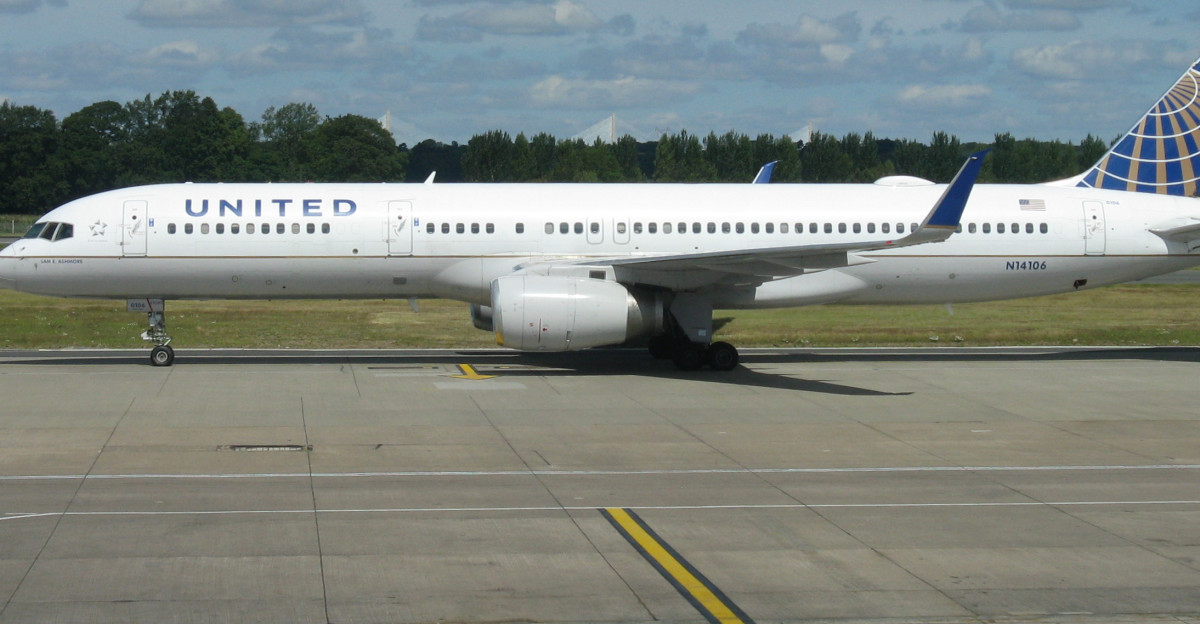
Regional aviation faces mounting pressures as pilot shortages and aging aircraft fleets force carriers to abandon smaller markets. Over the past five years, airlines have retired hundreds of 50-seat regional jets, leaving communities with populations under 100,000 increasingly isolated from air networks.
“The lack of regional jets has definitely hurt our connectivity,” United’s Chief Commercial Officer Andrew Nocella explained during calls.
The Essential Air Service program now subsidizes routes to 170 communities, up from 140 in 2019. This highlights growing connectivity gaps as traditional bus operators report a surge in demand.
Mounting Pressures
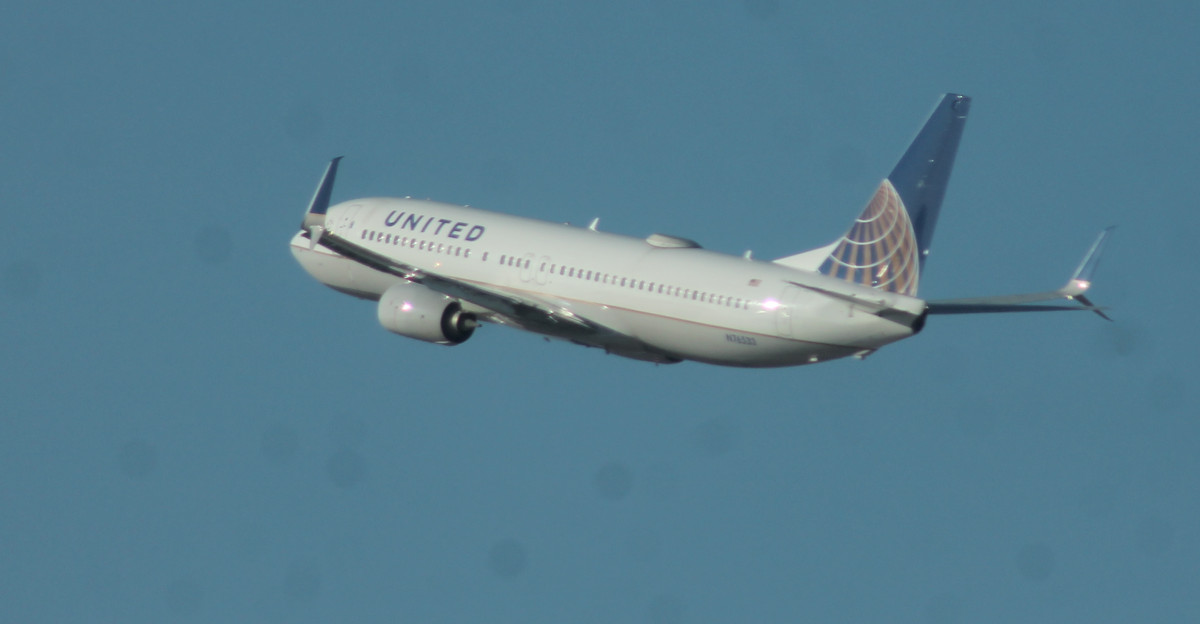
Economic uncertainty prompted United to issue dual earnings forecasts in April, projecting either $11.50-$13.50 per share in stable conditions or $7-9 per share during recession. The airline reduced off-peak flying capacity by 2% and retired 21 aircraft earlier than planned to optimize fleet utilization.
“As we would expect in times of economic weakness, we saw the weaknesses magnified on off-peak flights,” Chief Commercial Officer Andrew Nocella noted.
United’s domestic main cabin revenue gap expanded from 30% to 40% for flights departing outside “golden hours” between 7 AM and 8 PM, while government-related travel bookings dropped 50% year-over-year.
Route Terminations
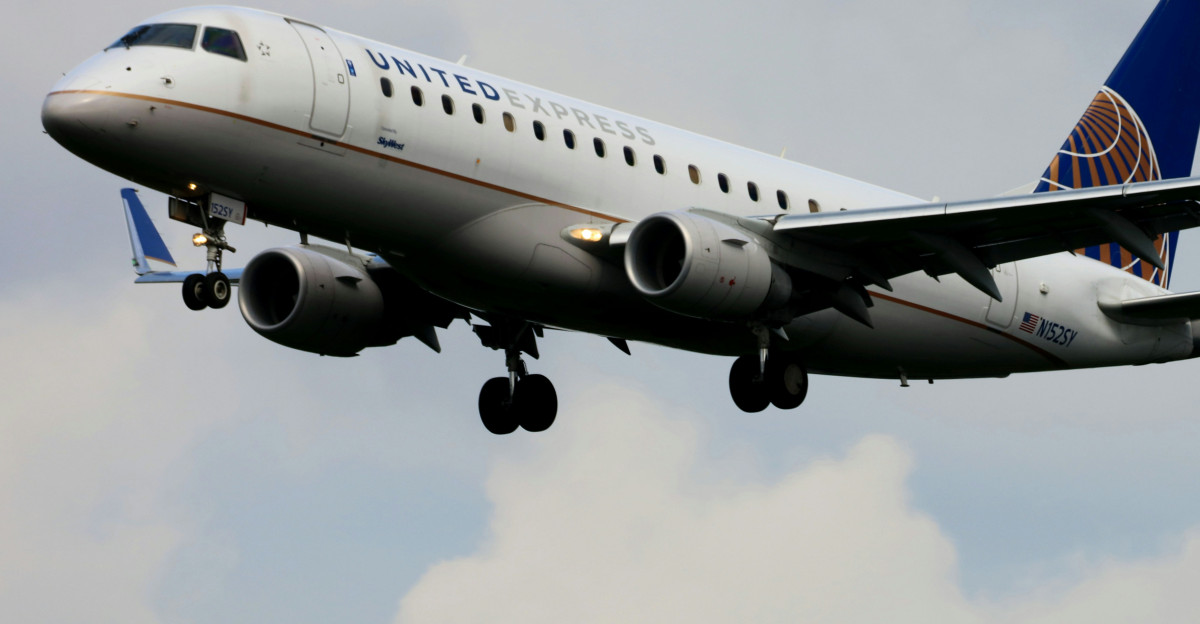
United Airlines permanently ends its Denver-Fort Collins bus service on July 31, 2025, followed by Newark-Allentown service on September 1, 2025. The airline operated these routes through a partnership with Landline Company, providing luxury motorcoach connections with 35-seat capacity, WiFi, and power outlets.
“We decided to discontinue our partnership with United to focus on other commercial opportunities,” Landline Vice President Nick Johnson said.
The terminations eliminate United’s last multimodal transportation offerings, marking the carrier’s complete exit from ground-to-air partnerships established since 2021.
Regional Impact
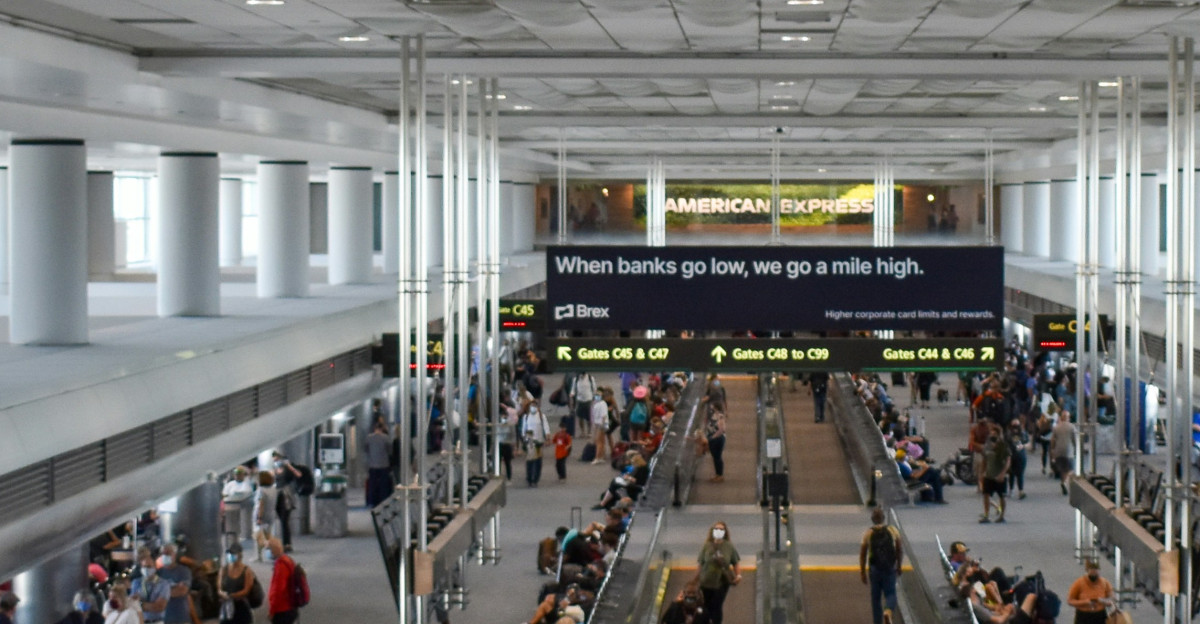
Northern Colorado residents now lose direct airport access as Fort Collins-area passengers must now drive 75 miles to Denver International Airport. The Denver-Fort Collins route carried approximately 50,000 passengers annually, with many connecting to United’s international network through the hub.
“I’ve used the Fort Collins service dozens of times for business travel to Asia,” said Mark Thompson, a Colorado State University researcher who regularly flies through United’s Denver hub.
Pennsylvania’s Lehigh Valley region similarly loses its seamless connection to Newark’s international flights, forcing travelers to drive 90 miles or arrange alternative transportation through Philadelphia.
Passenger Stories
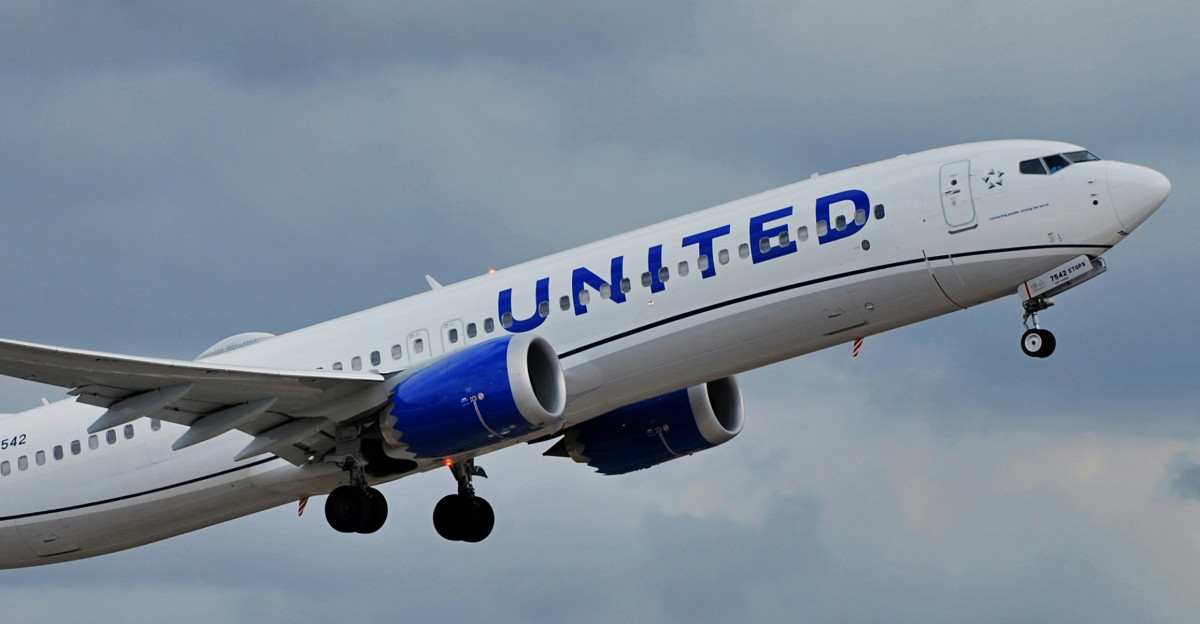
Local travel agents report fielding numerous calls from confused passengers who discovered their September bookings were automatically canceled. Allentown resident Sarah Martinez, who regularly flew to Europe via Newark, said the bus service saved her family $200 per trip in parking fees and fuel costs.
“The changes we are announcing today have been in the works for nearly a month,” a United spokesperson confirmed, noting that the timing was coincidental with other industry developments.
United customer service representatives are contacting affected passengers to offer rebooking through hubs within 300 miles or partial refunds for those unable to use alternative arrangements.
Competitive Dynamics
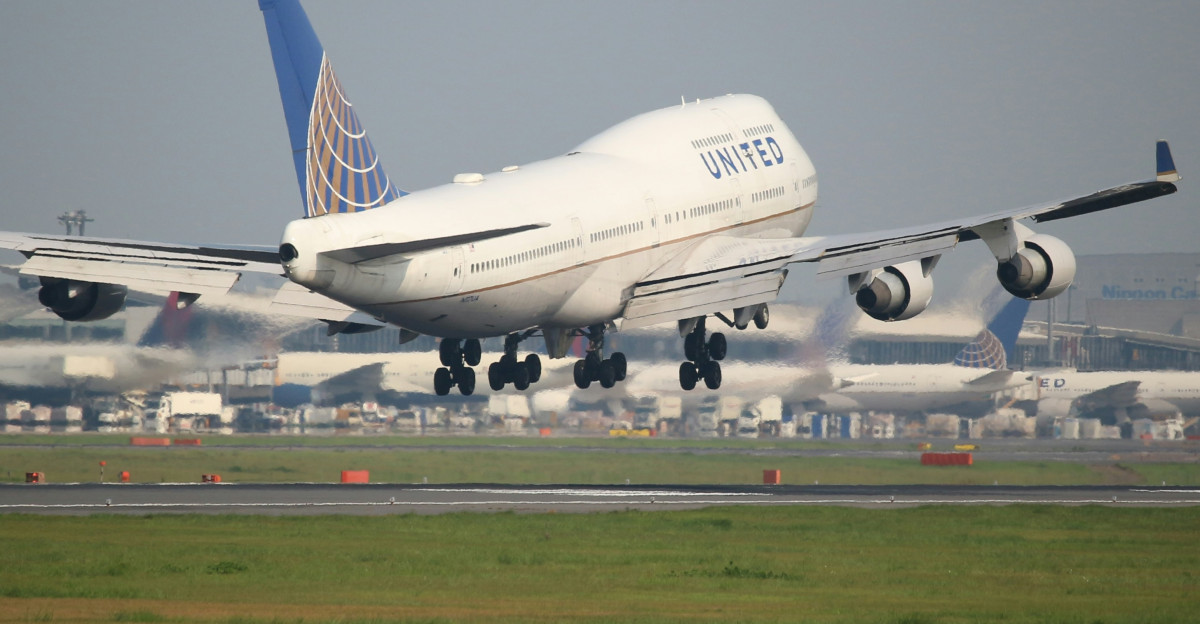
American Airlines expanded its Landline partnership, adding Trenton-Mercer Airport to Philadelphia connections starting September 22, 2025. The carrier now operates five bus routes feeding over 1,500 daily passengers into Philadelphia’s international hub, with secure-side boarding allowing passengers to clear security once at regional airports.
“It’s just like connecting to another flight,” Landline CEO David Sunde explained, emphasizing the seamless integration with airline operations.
These expansions highlight divergent industry strategies as United retreats from multimodal partnerships while competitors double down on regional connectivity through innovative ground-to-air solutions.
Market Analysis
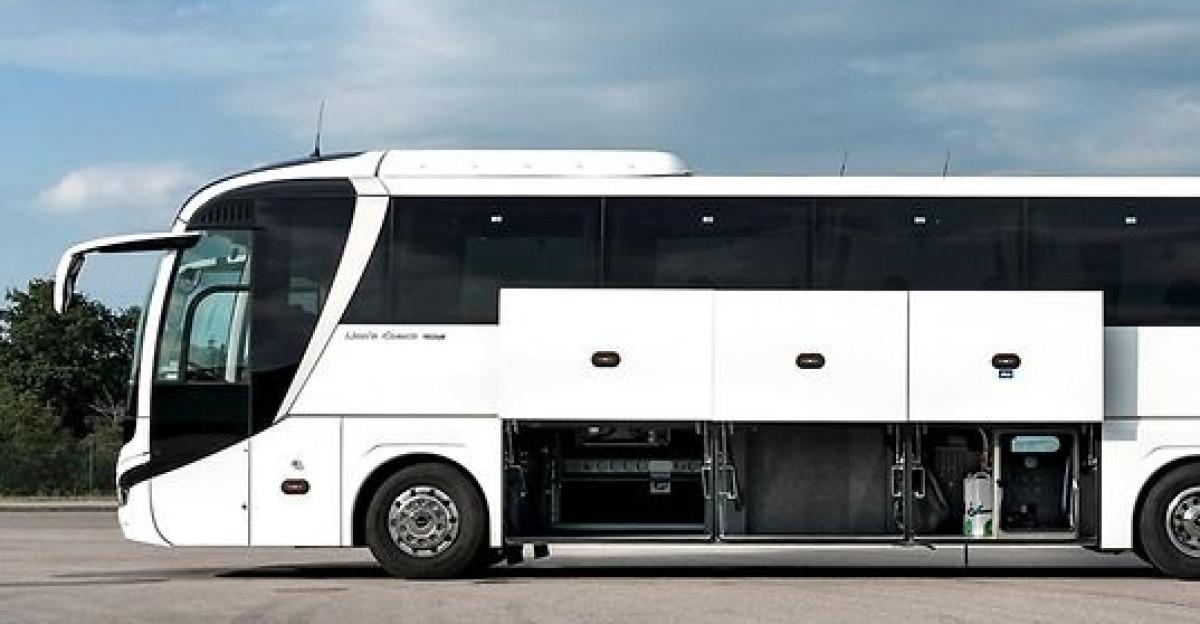
Landline Company continues independent operations with 17 daily Fort Collins-Denver roundtrips, increasing from 11 under the United partnership. The luxury bus operator maintains contracts with American Airlines, Air Canada, and Sun Country Airlines despite losing its second-largest partner.
“Economic gravity is ultimately going to win,” United CEO Scott Kirby predicted, suggesting other airlines will eventually abandon unprofitable routes.
Regional aviation experts estimate the multimodal transportation market could reach $2.5 billion by 2030 as airlines seek cost-effective alternatives to 50-seat regional jets that maintain comparable travel times and generate 90% lower carbon emissions.
Future Outlook
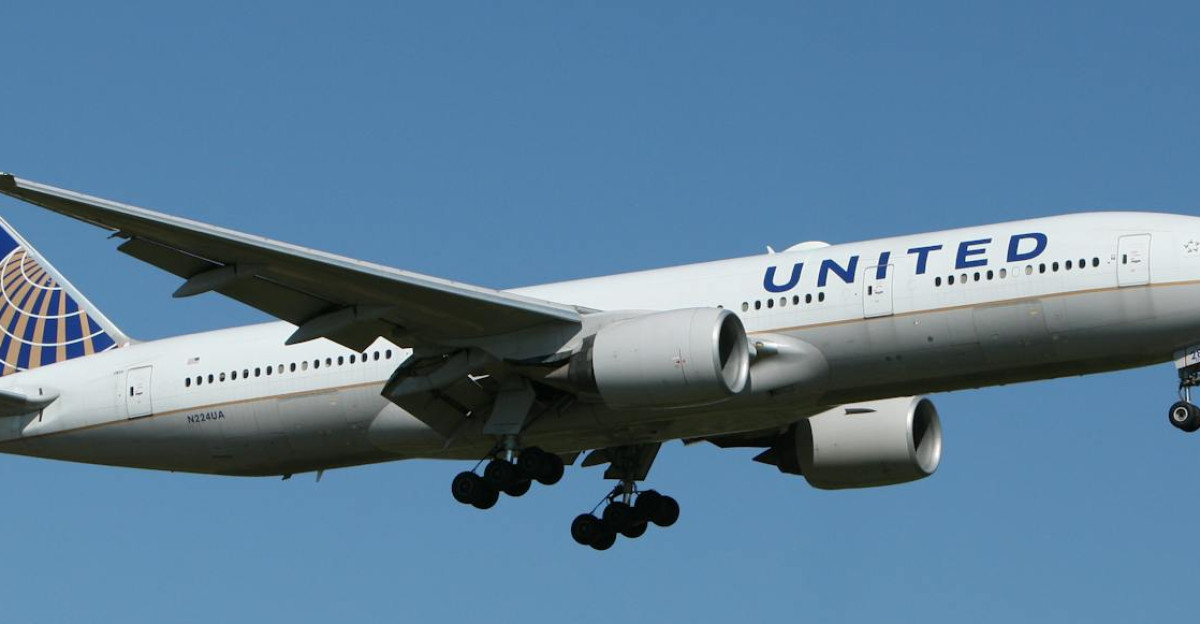
Will United’s retreat from multimodal partnerships accelerate industry consolidation around traditional hub-and-spoke models? “If I look at every airline that’s not named United or Delta, I can find a double-digit percentage of their route network that loses money,” Kirby claimed during a recent call.
The airline’s decision occurs amid record profits, suggesting operational efficiency takes precedence over market expansion in smaller communities.
“Understandably, the Boeing incidents have spooked some travelers,” aviation expert Ben Mutzabaugh of The Points Guy observed, noting how broader industry pressures influence strategic decisions that potentially leave millions of Americans with limited access to affordable air travel.
